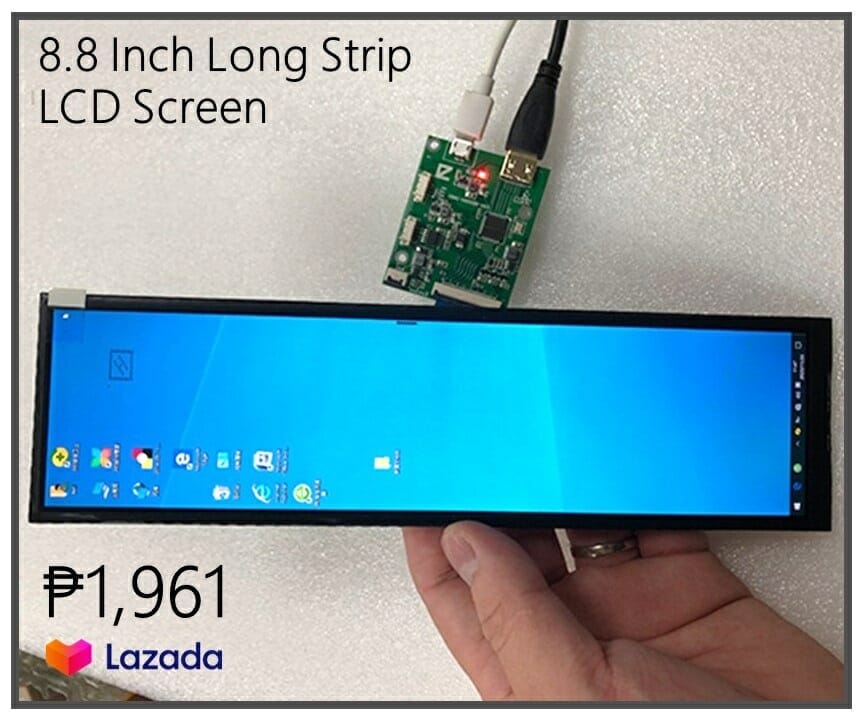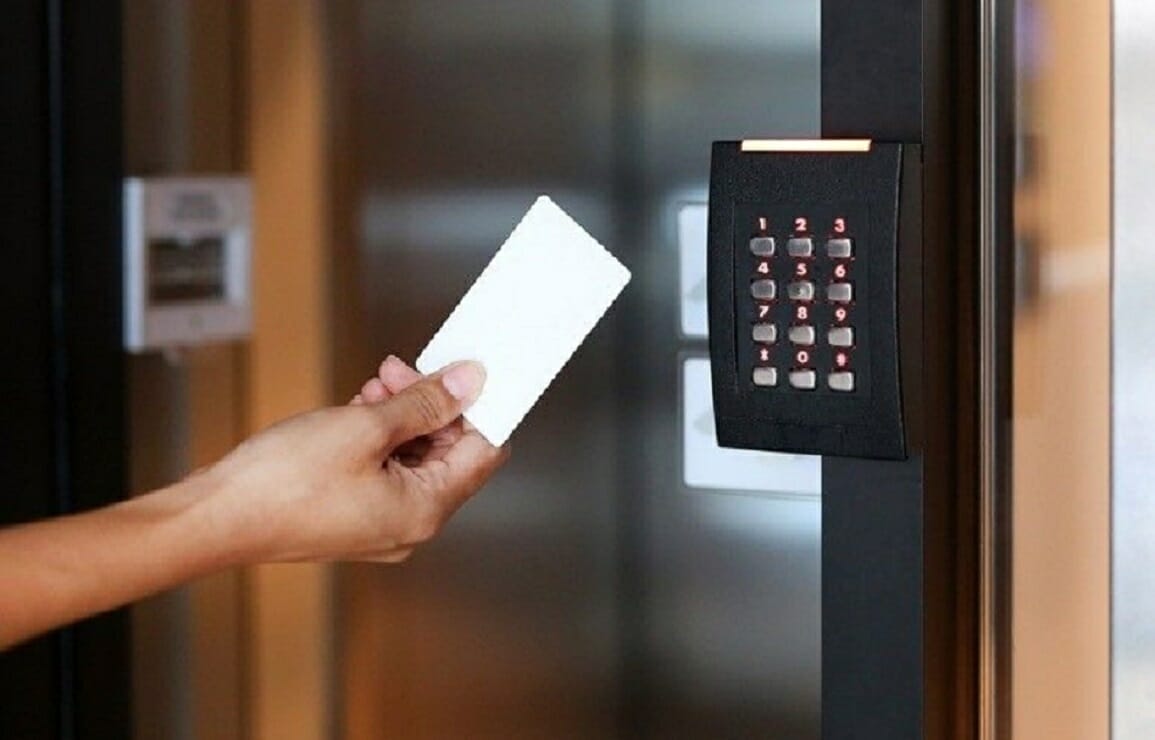Researchers from Binghamton University, State University of New York have created a new way to protect personal electronic health records–by using the patient’s own heartbeat.
According to Zhanpeng Jin, the assistant professor in the Department of Electrical and Computer Engineering at the Thomas J. Watson School of Engineering and Applied Sciences at Binghampton University, “The cost and complexity of traditional encryption solutions prevent them being directly applied to telemedicine or mobile healthcare. Those systems are gradually replacing clinic-centered healthcare, and we wanted to find a unique solution to protect sensitive personal health data with something simple, available and cost-effective,”
Professor Jin is the co-author of the research paper “A Robust and Reusable ECG-based Authentication and Data Encryption Scheme for eHealth Systems.”

Source: itechpost
Cryptography or encryption, or other traditional security methods can be expensive, time-consuming as well as computing-intensive. So the researchers encrypted patient data by using a person’s unique electrocardiograph (ECG), which measures the electrical activity of the heart by means of a biosensor that is attached to the skin, then use it as a “key” to lock and unlock the files.
“The ECG signal is one of the most important and common physiological parameters collected and analyzed to understand a patient’s’ health,” Jin said. “While ECG signals are collected for clinical diagnosis and transmitted through networks to electronic health records, we strategically reused the ECG signals for the data encryption. Through this strategy, the security and privacy can be enhanced while minimum cost will be added.”
The patient’s heartbeat will be the password to access their electronic health records. This identification method is a combination of previous work by Jin using a person’s unique brainprint instead of traditional passwords that is used to access computers and building entrance codes.
Definitely, this research will be very helpful as it has numerous applications especially in the field of security. According to Jin, “This research will be very helpful and significant for next-generation secure, personalized healthcare,”
In addition to this, since an ECG could change due to age, illness, or injury, researchers are currently trying to improve their study and solve these problems.
Article Source:














